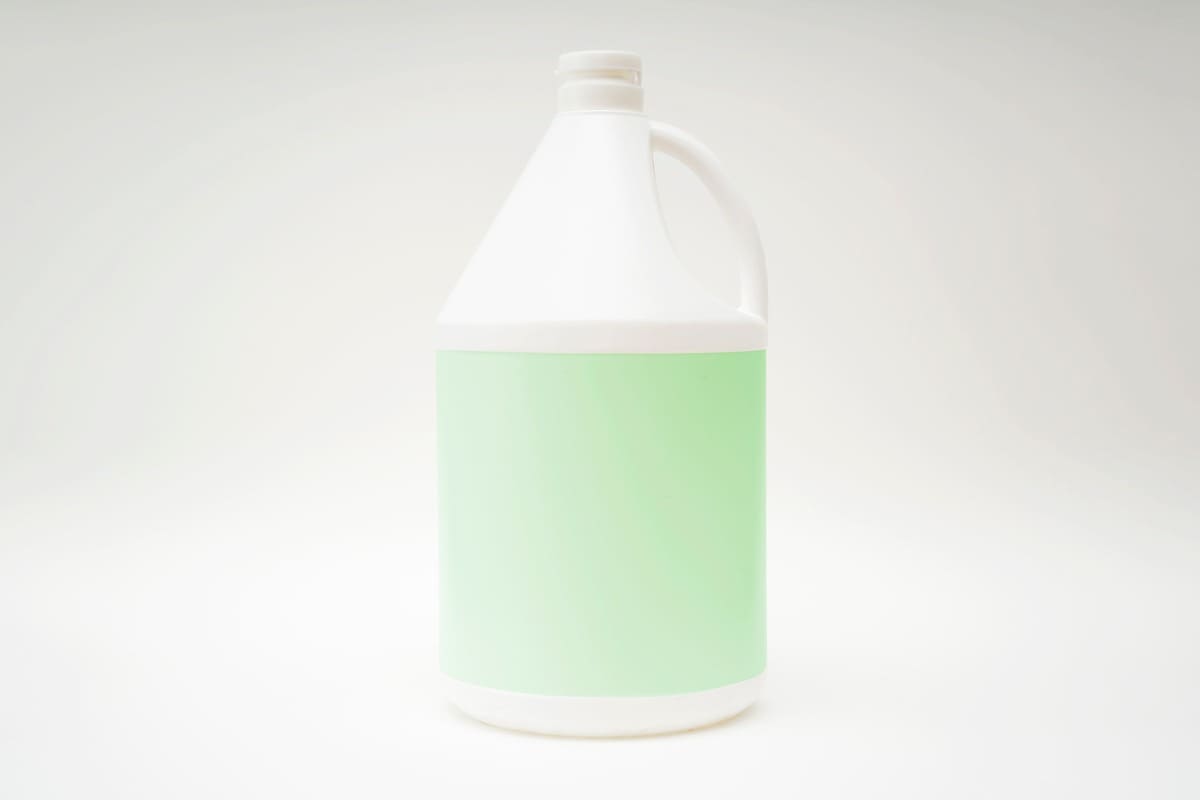
Hypochlorous acid (HOCl) is a weak acid that forms when chlorine dissolves in water. It is an effective disinfectant and sanitizer, commonly used in various applications due to its ability to kill bacteria, viruses, and fungi. Here’s a detailed overview of hypochlorous acid:
Chemical Properties
– Chemical Formula: HOCl
– Molecular Weight: 52.46 g/mol
– Appearance: Typically found in aqueous solution; it is colorless and has a slight chlorine smell.
– pH: It is most effective as a disinfectant at a pH of around 5-7.
Production
Hypochlorous acid is produced through the electrolysis of a saltwater solution (sodium chloride and water), which generates chlorine gas. The chlorine gas then dissolves in water to form hypochlorous acid. The chemical reactions involved are:
Applications
1. Disinfection and Sanitization
– Medical and Healthcare: HOCl is used to disinfect surfaces, medical instruments, and wounds. It is effective against a wide range of pathogens, including bacteria, viruses, and spores.
– Food Industry: Used to sanitize food processing equipment and surfaces, as well as to treat fruits and vegetables to extend shelf life and ensure food safety.
– Water Treatment: Utilized in water treatment plants to disinfect drinking water and swimming pools.
2. Household Cleaning
– Surface Cleaner: Incorporated into household cleaning products to sanitize surfaces like countertops, sinks, and bathrooms.
– Laundry: Used in some laundry sanitizers to kill bacteria and viruses on clothing and linens.
3. Agriculture
– Animal Husbandry: Applied to disinfect animal housing, equipment, and drinking water to prevent the spread of disease among livestock.
– Crop Protection: Sprayed on crops to control plant pathogens and improve overall plant health.
Advantages
– Effective Disinfectant: HOCl is highly effective at low concentrations, making it an efficient and economical choice for disinfection.
– Non-Toxic: It is safe for humans and animals when used properly, and it does not produce harmful residues.
– Environmentally Friendly: Breaks down into harmless substances, mainly water and salt, making it eco-friendly.
Limitations
– Stability: HOCl is unstable and can decompose quickly, especially in the presence of light and heat, which can reduce its effectiveness.
– pH Sensitivity: Its disinfectant properties are most effective within a specific pH range (5-7). Outside this range, its efficacy decreases.
Safety Considerations
– Proper Handling: Although it is non-toxic at low concentrations, it is essential to handle it properly and follow manufacturer instructions to avoid irritation or other adverse effects.
– Storage: Should be stored in a cool, dark place to maintain its stability and effectiveness.
Conclusion
Hypochlorous acid (HOCl) is a versatile and powerful disinfectant used across various industries for its effectiveness against a broad spectrum of pathogens, safety, and environmental friendliness. Proper handling and storage are crucial to maintaining its efficacy.


